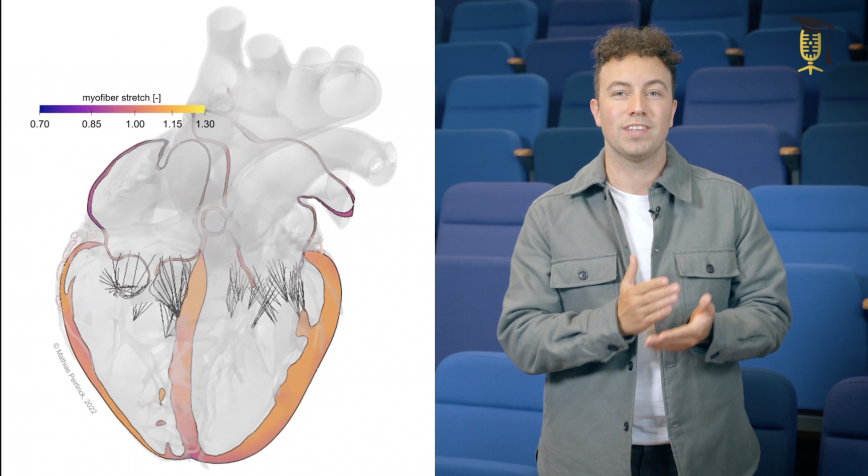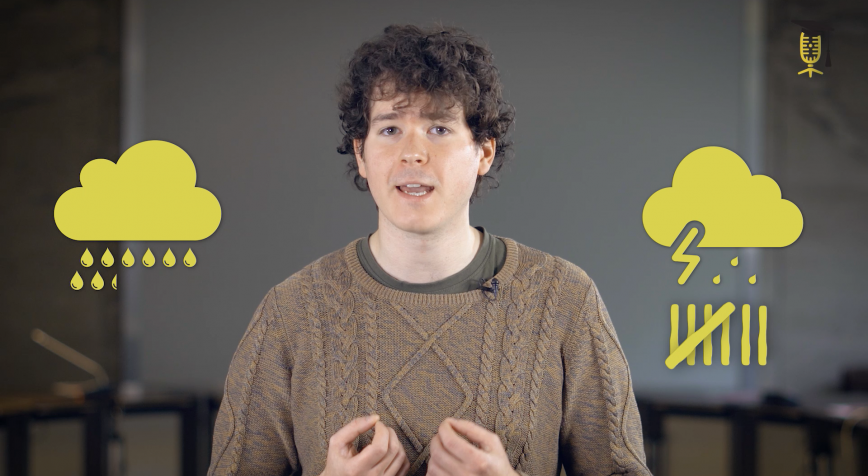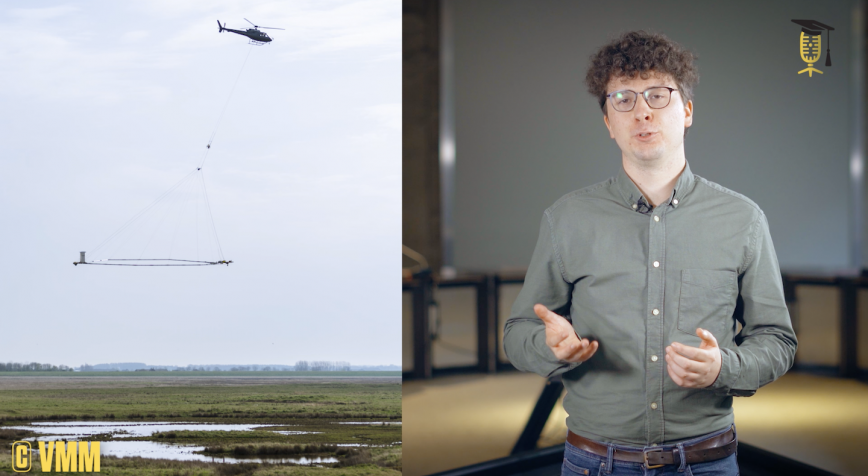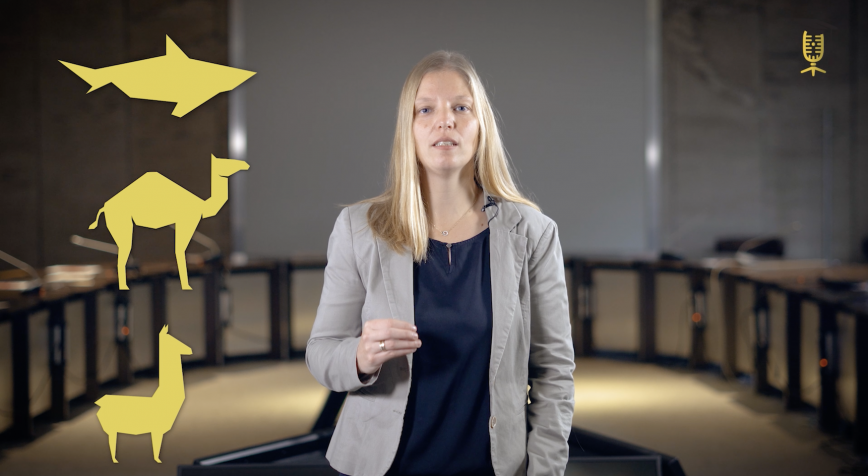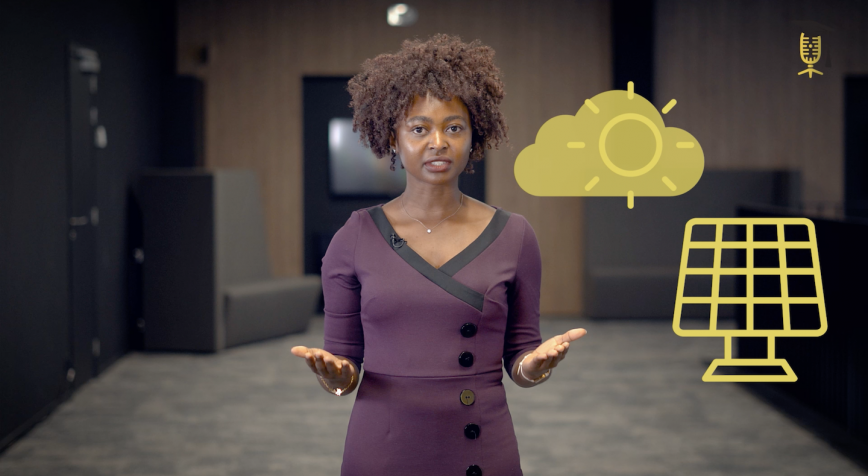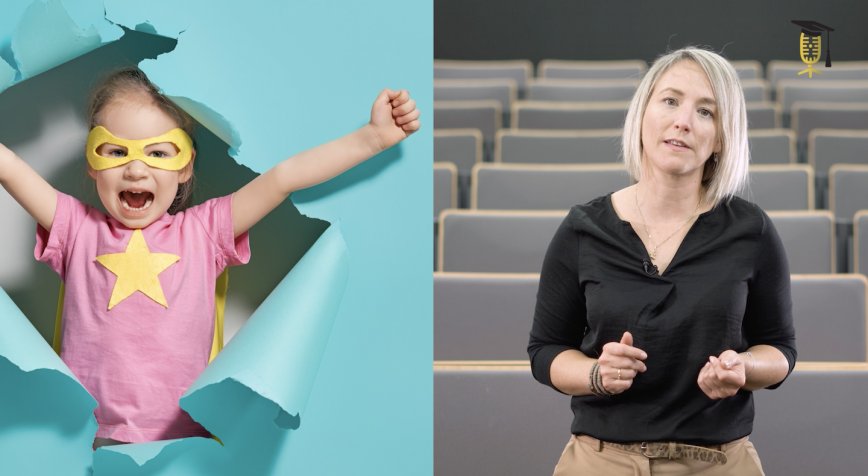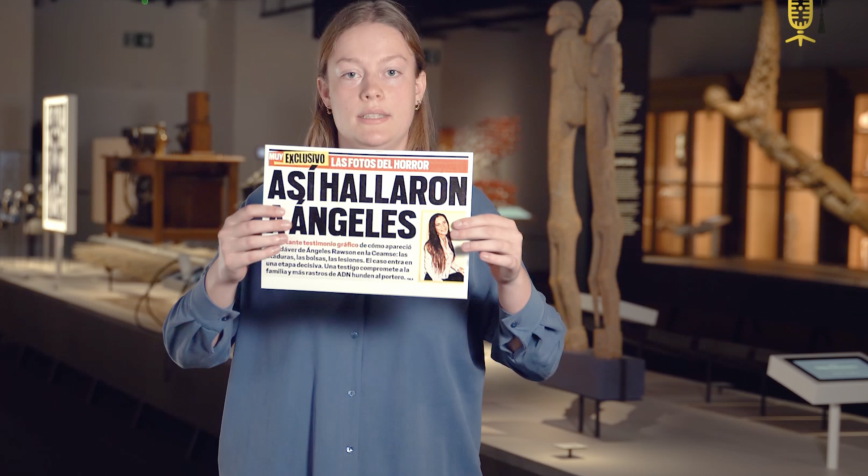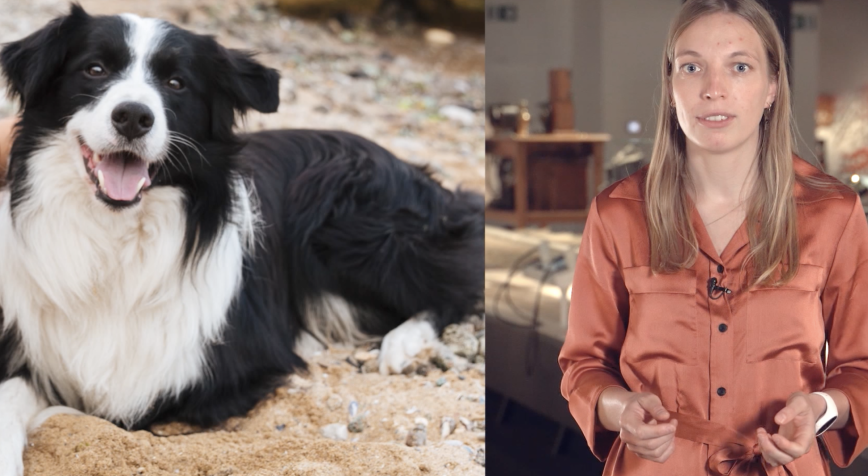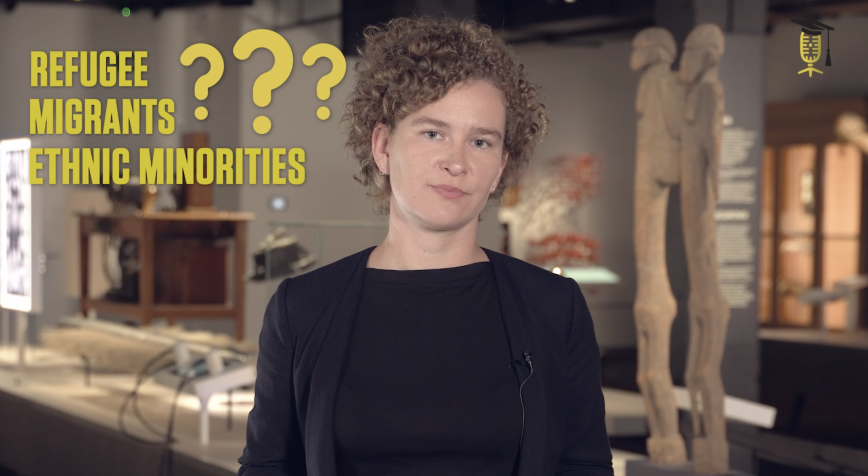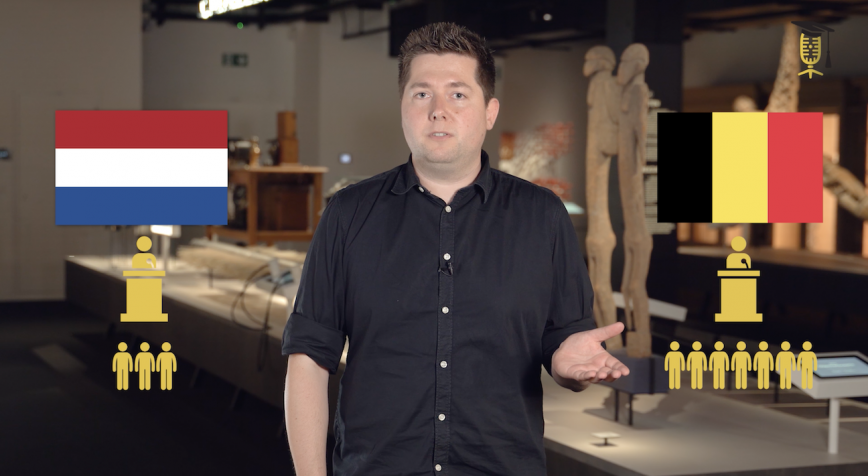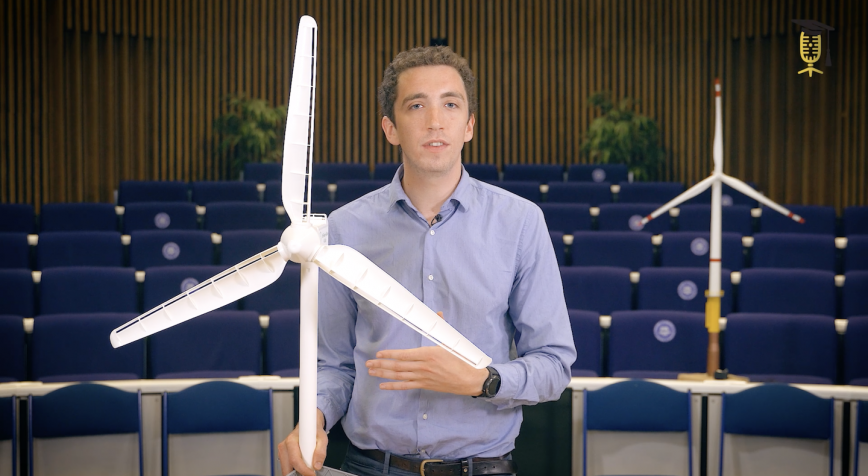
VUB
Smart infrastructure will never stay out of tune
We've all seen images of spectacular collapses of large structures, such as the Morandi Bridge in Genoa. What if we could prevent the failure of structures such as bridges, dams, and wind turbines by ... listening to these structures? That's exactly what engineer Maximillian Weil (VUB) is working on. Listen to him talk about good vibrations.
